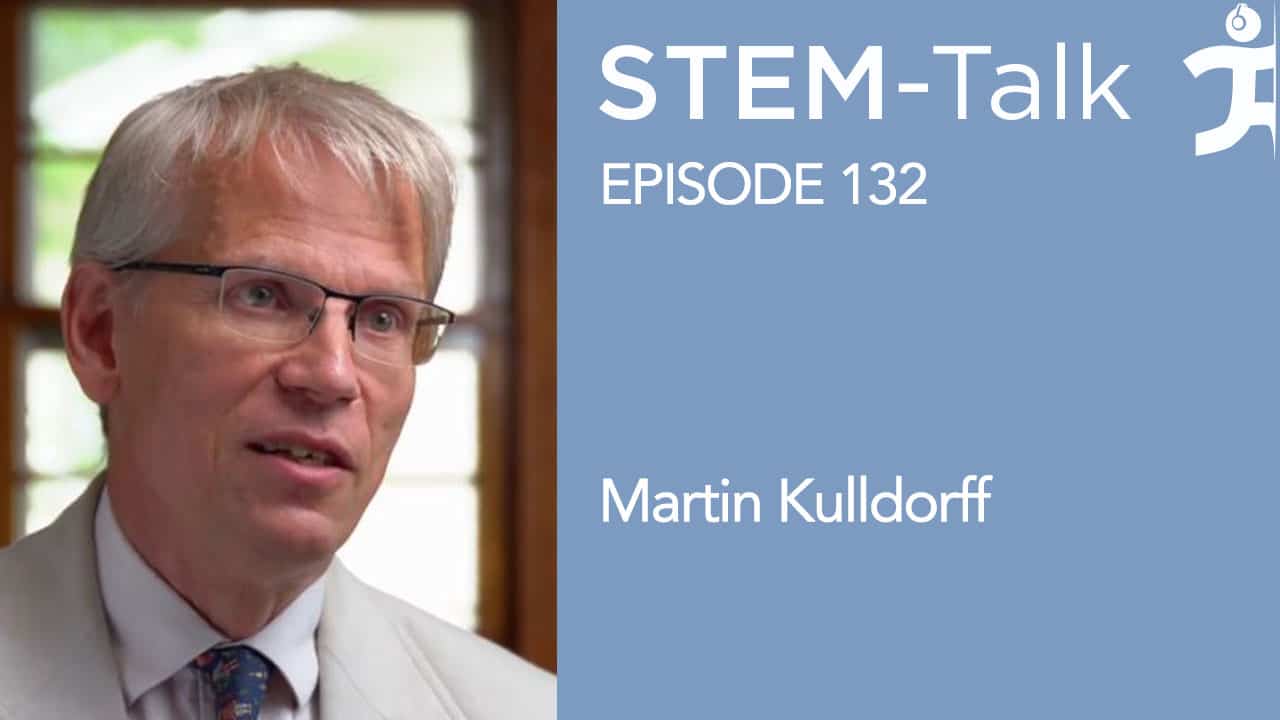
Episode 132: Martin Kulldorff discusses vaccines, lockdowns, school closings and the global response to COVID-19
 2022-01-24
2022-01-24
Download
Right click and do "save link as"
Our guest today describes the global response to COVID-19 as one of the biggest public-health fiascos in history. As you would expect, he gained quite a bit of notoriety for this contrarian view. Dr. Martin Kulldorff is an epidemiologist and biostatistician who has spent the past 30 years researching infectious diseases as well as the efficacy and safety of vaccines.
He is internationally known for his statistical and epidemiological methods for the early detection and monitoring of infectious diseases. A former Harvard Medical School professor who today is the Senior Scientific Officer at the Brownstone Institute, Martin worked with the Centers for Disease Control on its current system for monitoring potential vaccine risks. Today, the U.S. and other countries around the world use Martin’s detection methods to monitor COVID-19.
Martin made national headlines in October of 2020 when he and Dr. Jay Bhattacharya of Stanford and Dr. Sunetra Gupta of Oxford published the Great Barrington Declaration, a paper that questions school closings, lockdowns, travel restrictions and other governmental responses to the COVID-19 pandemic. The three authors recommended “focused protection” instead, a policy of protecting senior citizens and others who are most at risk of dying from COVID while allowing young people and others who face minimal risk of death to resume their normal lives.
The three authors were immediately skewered for what critics called a radically dangerous approach for pandemic management.
At STEM-Talk, however, we appreciate that a curious, open, and even skeptical mind is at the heart of the scientific method. Because of that, we have invited Martin to sit down with us to discuss the Great Barrington Declaration as well as his views about pandemics and the best ways to safeguard the public. We also review with Martin the age-adjusted mortality rates of states like Florida, New York and California which had quite different responses to COVID-19.
Ironically, co-host Dawn Kernagis learned on the morning of our interview with Martin that she had contacted COVID. So, she has to skip today’s discussion. (Note to listeners: It was just a mild case and Dawn is already back on her feet.)
But in today’s fascinating episode, Martin and host Ken Ford discuss:
-- The safety of vaccines, including the coronavirus vaccines.
-- Martin’s thoughts about the Pfizer BioNTech COVID-19 vaccine for children.
-- The Great Barrington Declaration and the concerns it raised about the physical, mental-health and economic impacts of the prevailing COVID-19 responses.
-- The effectiveness of natural immunity compared to vaccine-induced immunity.
-- Whether hospitals should be hiring caregivers with natural immunity rather than firing them.
-- Martin’s thoughts about Sweden, which was the only Western nation that did not impose lockdowns or close its schools and daycare centers in response to COVID-19.
-- What age-adjusted COVID mortality rates for the U.S. have to say about the different approaches states used in response to the pandemic.
Show notes:
[00:05:20] Ken opens the interview mentioning that Martin was born in Lund in 1962 in southern Sweden, but grew up in Umea, a university town in northeast Sweden. Ken asks what prompted Martin’s family to move to Umea when he was two years old.
[00:05:47] Ken mentions as an aside that he once spent an enjoyable week at the University of Umea visiting Lars-Erick Janlert. Ken served as the external expert for a PhD dissertation.
[00:07:00] Ken asks Martin what he was like as a child.
[00:07:32] Ken asks what drew Martin to math, and if it came naturally to him.
[00:08:15] Martin talks about his decision to attend Umea University and major in mathematical statistics.
[00:09:09] Ken asks why Martin moved to the United States and to attend Cornell University as a Fullbright Fellow for his postgraduate studies, and why he decided to earn his Ph.D.
view more
More Episodes
012345678910111213141516171819
Create your
podcast in
minutes
- Full-featured podcast site
- Unlimited storage and bandwidth
- Comprehensive podcast stats
- Distribute to Apple Podcasts, Spotify, and more
- Make money with your podcast
It is Free
- Privacy Policy
- Cookie Policy
- Terms of Use
- Consent Preferences
- Copyright © 2015-2024 Podbean.com




